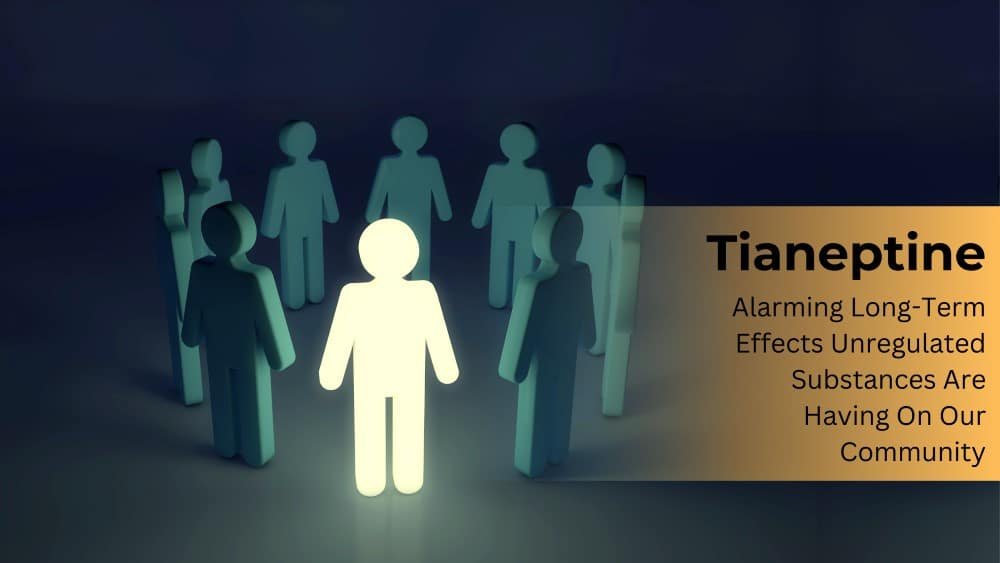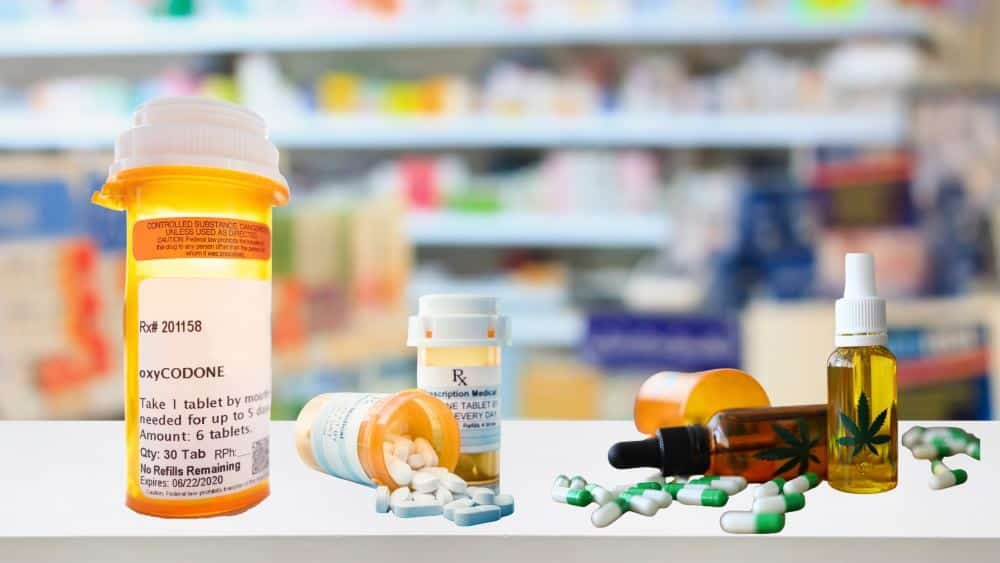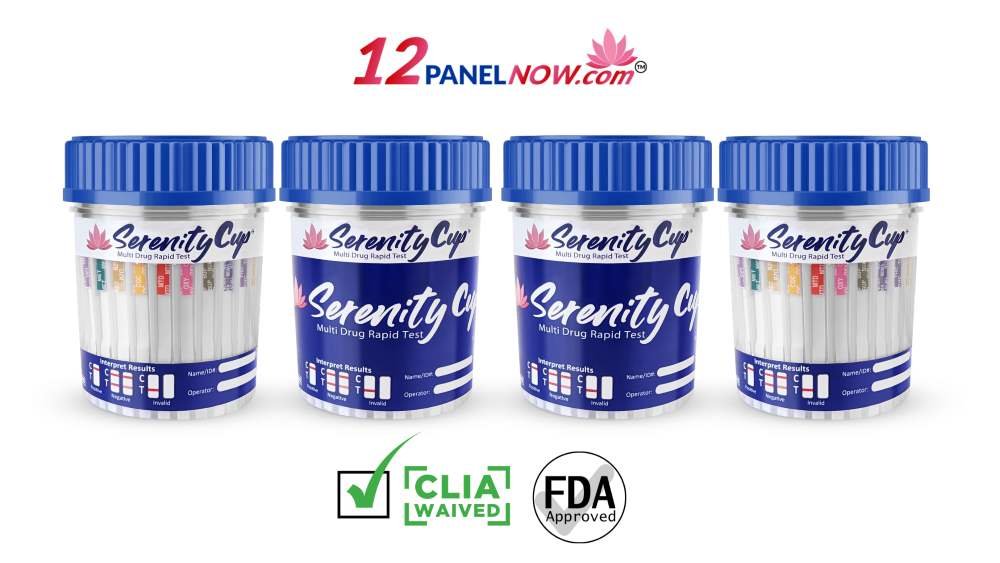Tianeptine: Alarming Long-Term Effects Unregulated Substances Are Having On Our Community

Table of Contents
In recent years, a new peril, tianeptine, has emerged on the shelves of convenience stores and gas stations across the nation—unregulated substances often referred to as “gas station drugs.” These substances pose significant risks to public health and safety, yet they remain accessible to the general public. One of the most notorious among these is tianeptine, sometimes called “gas station heroin,” due to its opioid-like effects. Understanding the long-term impact of these drugs is crucial for community leaders, public health advocates, and anyone concerned about the well-being of our society.
What Are Convenience Store Drugs?
Convenience store drugs, such as tianeptine, are substances sold in non-traditional retail environments, like gas stations and smoke shops. These drugs often masquerade as dietary supplements or harmless enhancers but can have dangerous effects. Unlike traditional pharmaceuticals, convenience store drugs often evade stringent regulatory scrutiny, making them easily accessible to consumers, including minors. This accessibility poses significant legal and health challenges, as these substances can cause severe health issues without adequate warning labels or usage guidelines.

Long-Term Effects on Communities
The widespread availability of convenience store drugs like tianeptine can have profound long-term effects on communities. Public health systems face increased pressure due to a rise in health emergencies and addiction cases linked to these substances. Socially, the prevalence of such drugs can lead to higher crime rates, decreased productivity, and strained family relationships. Economically, communities may struggle with increased healthcare costs and lost workforce productivity. Case studies from regions like Alabama and New Jersey highlight the severe repercussions of these drugs, emphasizing the need for proactive measures.
The Role of Community Leaders and Public Health Advocates
Community leaders and public health advocates play a pivotal role in combating the threat posed by convenience store drugs. Raising awareness through educational campaigns can inform the public about the dangers of these substances. Advocacy for better regulation and enforcement is essential to ensure that these drugs do not reach vulnerable populations. Additionally, initiatives that support community education and provide resources for addiction treatment can help mitigate the harm caused by these drugs, fostering a safer and healthier environment.

Mitigation and Prevention Strategies
To effectively address the issue of convenience store drugs, a multifaceted approach is necessary. Local and national governments should enact and enforce regulations that limit the sale of these harmful substances. Collaborations between public health agencies and law enforcement can facilitate the identification and removal of such drugs from retail shelves. Community involvement is also crucial, as these efforts can raise awareness and drive policy changes. Organizations like 12 Panel Now contribute significantly by providing high-quality drug test kits in bulk that help identify and manage substance abuse within communities.
Conclusion
The proliferation of convenience store drugs like tianeptine presents a clear threat to the health and safety of communities nationwide. By understanding the dangers and working collaboratively, community leaders, public health advocates, and citizens can help mitigate these risks. It’s imperative that we support prevention and advocacy efforts to protect future generations.
12 Panel Now‘s bulk drug testing solutions provide invaluable information and support.
- Drug Test Cups
- 5 Panel Drug Test Cup D.O.T.
- 15 Panel Drug Test Cup
- 18 Panel Cup with Adulterant Detection
- Drug Test Strips
- ZAZA Dip Stick Test Strip
- Oxycodone Drug Test Strip
- Opiate Drug Test Strip
- ETG Urine Test Strip
- 6 MAM Drug Test Strip
- Clia Waived Urine Fentanyl Test Strip
- Multi-Panel Dip Cards
- Saliva Swabs

More Information and Resources
- How Gas Station Drugs Are Contributing to the Opioid Crisis in America
- Navigating Challenges in Opioid Addiction Recovery & Avoiding Temptation
- Trouble with Tianeptine
- Illnesses linked to ‘gas station heroin’ are growing, New Jersey health officials warn
- Know the Dangers of ‘Gas Station Heroin’
- Toxicologist unravels the dangerous medical mystery of ZaZa, Alabama’s ‘gas-station dope’
- The Case of ‘Gas Station Heroin’

